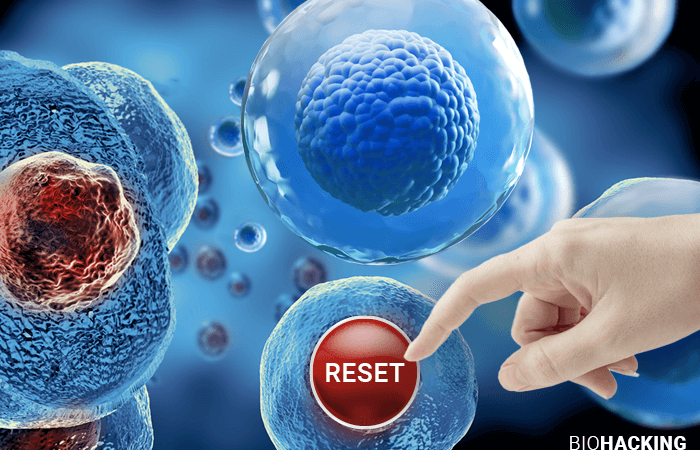Cellular Reprogramming: The Elixir of Youth or a Pandora’s Box?
Cellular Reprogramming:
The Elixir of Youth or a Pandora’s Box?
In a world where ageing is perceived as an inevitable process, the advent of Cellular Reprogramming has provoked a seismic shift in our understanding of life’s twilight years. This technology, which allows us to rewind the cellular clock, has the potential to extend human life beyond its current boundaries, yet it also presents a host of ethical, social, and medical challenges.
Cellular Reprogramming, the brainchild of Nobel laureate Shinya Yamanaka, manipulates the genes of a mature cell to revert it back to an embryonic-like state, known as a pluripotent stem cell. This scientific marvel, once thought impossible, has now been realized in multiple clinical trials, promising a revolution in the way we treat age-related diseases.
The advent of Cellular Reprogramming dovetails with a wider trend: biohacking. This movement, promoting a ‘do-it-yourself’ ethos in biology, has encouraged individuals to take a more direct role in their health and biological processes. The potential to manipulate our cells to reverse ageing could be hailed as the pinnacle of biohacking. This groundbreaking possibility offers us the chance to actively shape our biological destiny.
However, it is not a panacea without potential pitfalls. Cellular Reprogramming carries risks, including the uncontrolled growth of cells leading to cancer. Future research must focus on mitigating these risks and ensuring that the technology is safe before it can be widely adopted.
At the crux of this scientific frontier lies a philosophical debate: is ageing a disease that we should strive to cure, or is it a natural part of life that we should accept? Proponents of the former view argue that ageing, like any disease, reduces our quality of life and should therefore be combated. On the other hand, those who view ageing as a natural part of life argue that we should focus on improving the quality of life for older individuals rather than attempting to reverse the ageing process itself.
The ethical implications of Cellular Reprogramming are profound. If we start to view ageing as a disease, could this lead to increased stigmatization of older individuals? And if Cellular Reprogramming becomes commonplace, could this deepen health inequalities between those who can afford these treatments and those who cannot? Moreover, in the context of biohacking, could this technology end up in the wrong hands, leading to misuse or even bio-terrorism?
Cellular Reprogramming, with its profound promise, paints a picture of a future where we might manage, if not command, the ageing process, potentially extending our years of good health. Nonetheless, this path requires cautious navigation. It is paramount that our scientific pursuits are perpetually counterbalanced by our ethical obligations, ensuring that such potent technologies contribute to the betterment of humanity as a whole.
In the words of the late physicist Stephen Hawking: “We are very, very small, but we are profoundly capable of very, very big things.” Cellular Reprogramming, with its potential to redefine ageing, is undoubtedly one of those “very, very big things”. As we venture into this uncharted territory, it is crucial that we continue to ask questions, assess risks and benefits, and maintain a keen sense of ethics.
Indeed, the future is here, and it is as promising as it is complex. As we navigate this new landscape, our guiding principle should be a commitment to harness the power of science for the betterment of all, ensuring that progress does not come at the cost of our most fundamental ethical principles.


